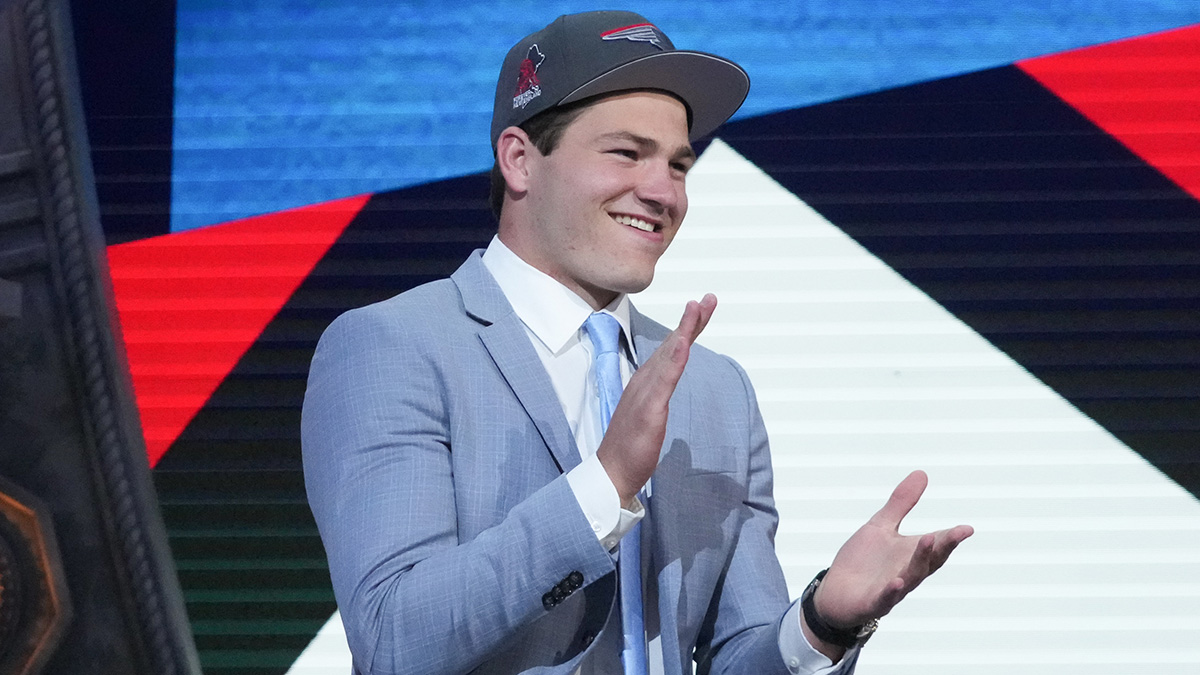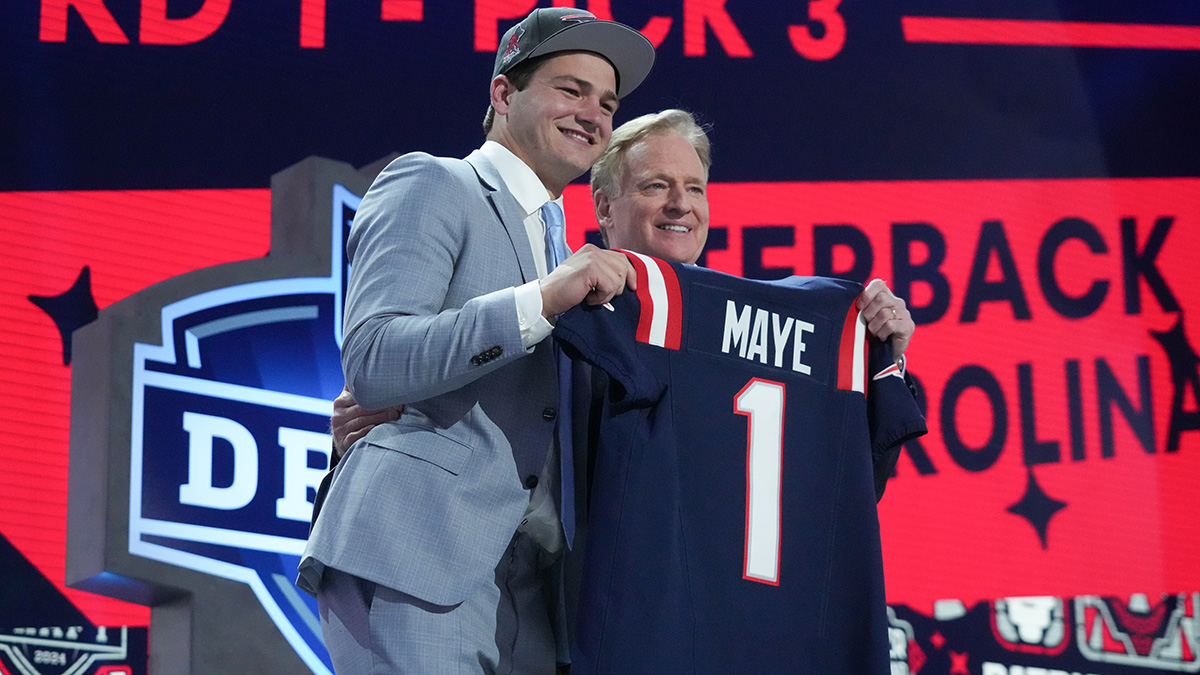
FOXBORO - When the Light went off Sunday night, the Patriots realized they had a communication problem.
This was the scene: Late in the second quarter, Tom Brady got called for intentional grounding in the end zone when Sebastian Vollmer and Danny Woodhead both got bulldozed by Jets' defender Jamaal Westerman. That play was preceded by center Dan Connolly snapping the ball when Tom Brady wasn't looking, a move that resulted in a loose ball that Brady somehow pried away from a Jets defensive lineman.
On the Patriots sideline, offensive tackle Matt Light got up from his seat with his fellow linemen and said in very clear tones that the offensive line was being hung out to dry by the length of time it was taking to establish all the presnap responsibilities.
At that point in the game, the Patriots were huddling and before each snap, offensive coordinator Bill O'Brien was being relayed Jets defensive substitutions from the booth upstairs while getting the right playcall established and relayed into Brady.
Brady then would call the play, get to the line, wait for the Jets' defense to declare, identify the middle linebacker to set the blocking schemes, get the changes - if necessary - to the wideouts and backs.
Bill Belichick, when asked about some of the false start penalties Logan Mankins has taken this season, alluded to the hardships the offensive line is under with the style it employs.
"As an offensive team we have too many penalties collectively," Belichick explained. "Some of those false start penalties, although they're certainly the responsibility of the player that false starts, they're also related to a certain degree to coaching, the overall cadence system, the quarterback-center rhythm, timing, calling, if you will. There's a few things involved there. When one guy moves and nobody else does, is he wrong? Yeah. But, the harder we make it, the more likely that is to occur.
New England Patriots
"We have to be careful of the advantages to doing things a certain way ... maybe there's some disadvantages to doing them that way too and those are things we talk about and we work on," Belichick added.
Sunday night, after Light made his feelings known, the Patriots went hurry-up. Instead of processing the Jets' defensive alignments and personnel first and then probing for pre-snap voids - essentially letting the Jets defense dictate to them - the Patriots made the Jets react to them by not allowing them to sub and snapping the ball before New York could process what was coming.
It's a good job by Belichick and the offensive staff to realize they were asking a lot from their offensive line Sunday night. Too much, apparently.
"The more things that are involved, the more multiples there are, the more chance that something will go wrong," said Belichick. "If we just go up there and snap the ball on '1', to me, if we have a mistake on that it's a total lack of concentration.
"(But) if you're up there and reading and you have a lot of communication and calls . . . we do that," he acknowledged. "And it helps us in a lot of ways and it certainly enables us to handle some pressure and to make some play calls that we've had tremendous production on.
"I don't want to change that, but at the same time, one of the consequences of that is we've had more false start penalties, things like that. Twelve men in the huddle," Belichick pointed out. "We've gotta eliminate those. That's our responsibility. That's not great defense, that's us not being able to operate cleanly. It starts with the coaches and the system we run and then to the players."
And the Patriots were smart enough Sunday night to tweak the system. Success followed.


